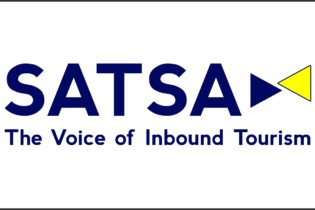Research conducted by Loughborough University and imago has revealed that those attending meetings, and the meetings organisers of the future gain more from being face-to-face with their peers over other methods of communications.
The study titled Does the future have room for face-to-face communication was conducted in conjunction with The Right Solution and measured the value of face to face communication among a sample of more than 750 event organisers, delegates, graduate and undergraduate students.
The results showed 96.9% of delegate’s favoured face to face communication. In particular, they preferred face-to-face meetings of fewer than 10 participants. Students said they gained more value from their learning experience by being face to face in the form of tutorials (81.4%) compared to working online or independently.
Students, delegates and organisers all agreed that a face-to-face meeting had more value compared to conference calls, emails and other form of communication.
The research identified 31 positive aspects of face-to-face communication, including:
- Fresh ways of thinking
- Team unity
- Investment in employees
- Engagement
- Enjoyment
Emma Boynton, head of sales and marketing at imago, commented: “Amongst those who already attend and organise a meeting and the meetings and event’s organisers of the future, face to face communication is most preferred because it allows people to read facial expressions, increases interaction and understanding of the message. Most importantly it creates an environment where people can learn rather than be taught. Face-to-face communication is important in in a business setting because it allows relationships to develop in a way that can’t be achieved by email and telephone conversations.
“Including students in the research, particularly those on courses such as Loughborough University’s MBA gives an insight into the minds of future leaders, event delegates and organisers. This research provides a great tool for the industry as it provides an insight into how people get the best from their learning, which is of vital importance when organising meetings and events.”
The final research paper is available to download for free here.







